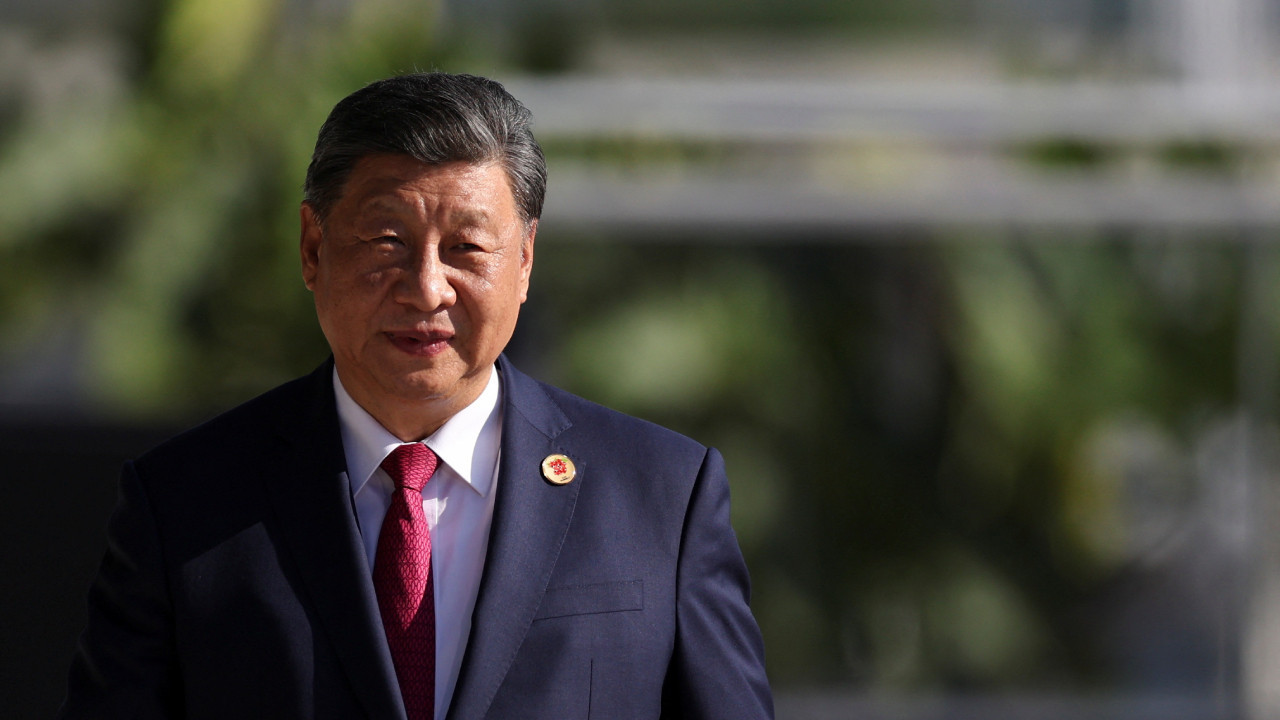


As the geopolitical landscape shifts, the U.S. is grappling with diminishing influence in the Middle East, particularly in light of the ongoing Gaza conflict and its implications for U.S. support for Israel. Candidates Donald Trump and Kamala Harris are navigating these complexities, with Harris's prospects in key states like Michigan potentially affected by her stance on the conflict. Analysts suggest that regardless of the election outcome, U.S. foreign policy may pivot towards the Asia-Pacific region, reducing direct engagement in Middle Eastern affairs. [64c009ff]
Despite this potential shift, both Trump and Harris are expected to maintain strong support for Israel while managing delicate relations with Iran. The U.S. military presence in the region, currently around 45,000 personnel, underscores its commitment to regional stability, especially given recent escalations involving Iranian-backed militias targeting Israel. [70e6681d]
In contrast, China is positioning itself to fill the void left by the U.S. as it seeks to expand its influence in the Middle East. Recent developments indicate that China has been actively brokering deals between Saudi Arabia and Iran, as well as working to unite Palestinian factions. This strategy not only enhances China's diplomatic profile but also serves as a counterbalance to U.S. dominance in the region. [64c009ff]
However, experts caution that there remains a significant gap between China's aspirations and its actual capabilities in the Middle East. While China is making strides in diplomatic engagement, the effectiveness of its influence remains to be seen, particularly as the U.S. continues to play a crucial role in regional security dynamics. [64c009ff]
Burak Gürel, co-director of Koç University Center for Asian Studies, emphasizes that China will avoid military confrontation with the U.S. due to its military inferiority. As a middle-income country with a per capita income one-sixth that of the U.S., China faces significant economic challenges, including a real estate bubble and a declining labor force. The annual growth rate of China's national income from 2019 to 2023 is 5.6%, with the real estate sector accounting for about 30% of its economy. The Evergrande debt crisis exemplifies these vulnerabilities. [541c29e6]
Gürel notes that the U.S.-China rivalry has escalated since Trump's trade war in 2018 and Biden's CHIPS Act in 2022, with Trump’s presidency likely to focus on raising tariffs and isolating Russia from China. The evolving geopolitical landscape presents a complex challenge for U.S. foreign policy, with the next administration needing to navigate a landscape marked by heightened tensions, geopolitical rivalries, and the enduring quest for stability in the region. As the U.S. reassesses its priorities, the question remains: can China truly fill the gap left by a potentially retreating U.S. presence in the Middle East? [541c29e6]